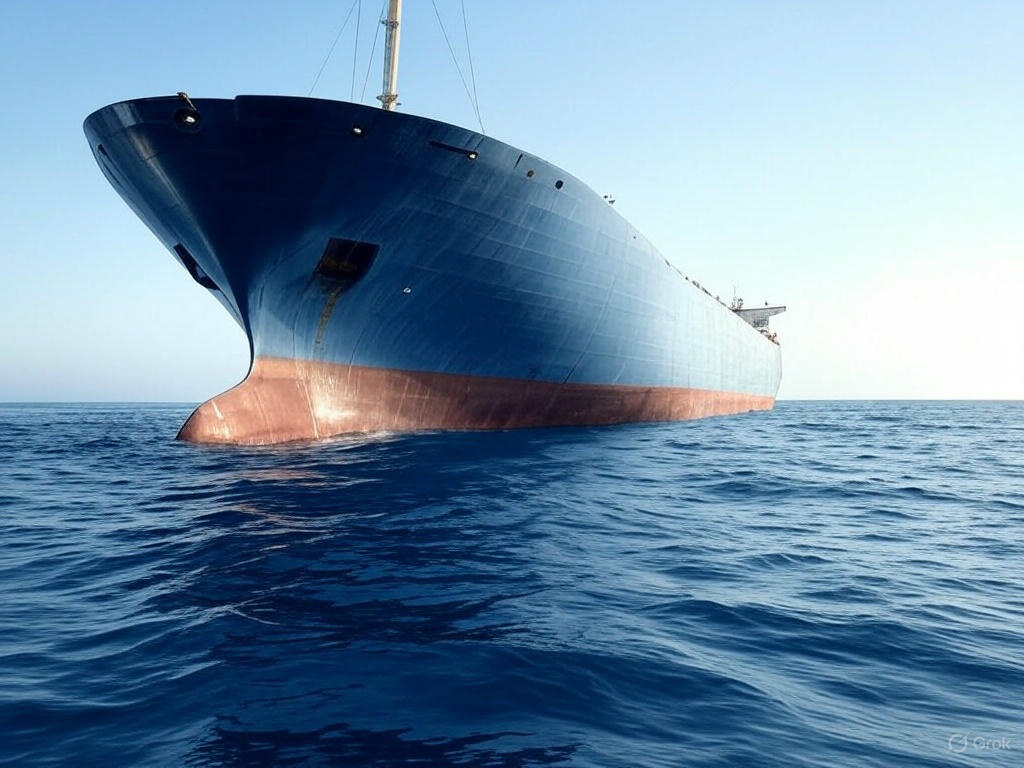
How Do Ships Float? Understanding Archimedes' Principle
Introduction
The Principle of Buoyancy: Archimedes' Discovery
How Ship Design Enables Flotation
Stability: The Hidden Key to Staying Afloat
Center of Gravity and Its Critical Role
Freshwater vs Seawater: Why It Matters
Special Vessels: Using Buoyancy to Submerge
The Flip Ship: Buoyancy Engineering at Its Weirdest
Practical Applications: How Ships Stay Afloat in Real Conditions
Why Don't Ships Sink?
Common Misconceptions About Ship Flotation
Real-World Example: Merchant Marine Perspective
Conclusion
Share This Article
Related Articles
Continue reading with these related articles

Autonomous Ships: The Future of Unmanned Maritime Operations
Explore the future of autonomous ships and unmanned maritime operations. Learn about self-driving vessels, maritime automation, and the technology behind autonomous shipping.

Engineering Systems Onboard a Ship: Powering the High Seas
Explore the complex engineering systems that power modern ships, from propulsion and power generation to HVAC and automation systems that keep global trade moving.

How Fast Do Cruise Ships Go? Speed Secrets & Average Cruise Ship Speeds
Discover how fast cruise ships go! Learn about average cruise ship speeds (18-22 knots), factors affecting velocity, and what determines how fast these massive vessels travel across the ocean.

Advanced Navigation Systems: GPS, AIS, and Next-Gen Maritime Navigation
Explore advanced maritime navigation systems including GPS, AIS, and next-generation navigation technology. Learn about ship navigation, maritime GPS, and modern navigation equipment.
© 2025 The Salty Mariner. All rights reserved.
